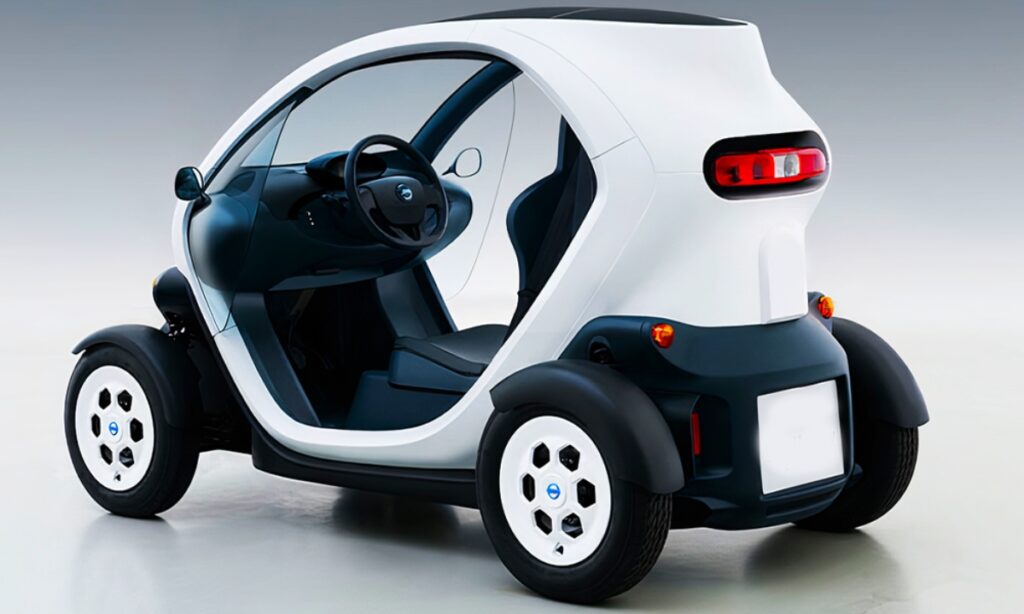Energy Efficiency and Reduced Costs
One of the most compelling benefits of electric vehicles is their energy efficiency. EVs convert over 77% of the electrical energy from the grid to power the wheels, compared to gasoline vehicles, which only convert about 12%–30% of the energy stored in gasoline into actual movement. This means electric cars use significantly less energy to travel the same distance as their gasoline counterparts, leading to lower energy consumption overall.
In terms of cost, electric vehicles can offer substantial savings over time. The cost of electricity to charge an EV is usually much lower than the cost of gasoline, meaning you can save hundreds, or even thousands, of dollars each year on fuel. Additionally, electric vehicles have fewer moving parts than traditional cars, resulting in lower maintenance costs. There’s no need for oil changes, and brake wear is minimized thanks to regenerative braking, which recaptures energy during deceleration and feeds it back into the battery.
Environmentally Friendly
Electric vehicles are a clear winner when it comes to reducing your carbon footprint. Since EVs don’t rely on gasoline or diesel fuel, they produce zero tailpipe emissions. This is particularly important in urban areas where air quality can be a concern. Small electric cars are especially beneficial because they are more energy-efficient and require fewer resources to manufacture compared to larger vehicles.
Even when taking into account the emissions associated with electricity generation, electric vehicles are still far cleaner than gasoline or diesel-powered cars. In regions where renewable energy sources like wind, solar, or hydroelectric power are prevalent, the environmental impact of charging an EV can be even lower. As electric grids become greener over time, the overall environmental benefits of electric vehicles will continue to increase.
Compact Design for Urban Living
For drivers in urban areas, small electric vehicles are a perfect solution for navigating busy city streets and tight parking spaces. The compact design of these vehicles makes them easy to maneuver and park, providing a hassle-free driving experience in crowded cities. Many small electric cars are designed specifically for city driving, offering features such as tight turning radii, responsive handling, and smart parking assist systems.
The convenience of driving a small EV extends beyond just ease of parking. In many cities, electric vehicles are eligible for perks like access to carpool lanes, reduced parking fees, and exemptions from congestion charges. These benefits can make a big difference for city dwellers who drive regularly.
Quiet and Smooth Driving Experience
Another benefit of electric vehicles, especially small ones, is their quiet and smooth driving experience. EVs have fewer mechanical parts than internal combustion engine vehicles, meaning there’s less noise and vibration during operation. This makes driving a small electric car a much more pleasant experience, whether you’re cruising down a city street or on a highway.
The instant torque provided by electric motors also gives these vehicles a responsive and dynamic feel, making them fun to drive. Many small electric cars can accelerate quickly from a standstill, providing ample power for city driving or merging onto highways, despite their size.
Government Incentives and Tax Benefits
To encourage the adoption of electric vehicles, many governments offer financial incentives, rebates, and tax benefits. These can significantly reduce the upfront cost of purchasing a new electric vehicle. In the U.S., for example, there are federal tax credits of up to $7,500 for qualifying electric cars. Additionally, many states and municipalities offer further incentives, including rebates, reduced registration fees, and even free charging stations.
Other countries, such as the United Kingdom, Germany, and Norway, also offer generous incentives for electric vehicle owners, making it more affordable to make the switch to an EV. These financial perks help to offset the initial cost of purchasing an electric car, which can sometimes be higher than comparable gasoline-powered vehicles.
Range and Charging Convenience
One of the common concerns about electric vehicles, particularly small models, is their range. However, advancements in battery technology have significantly improved the range of electric cars in recent years. Many small electric vehicles now offer a range of 150-250 miles on a single charge, which is more than enough for daily commuting and city driving.
In addition, the infrastructure for charging electric vehicles has expanded rapidly, making it easier than ever to find a charging station. Public charging stations are available at various locations, including shopping centers, parking lots, and along highways. Fast-charging stations can provide an 80% charge in as little as 30 minutes, making long trips feasible in an EV. For home charging, most EV owners install a Level 2 charger, which can fully charge the vehicle overnight.
Future-Proofing Your Vehicle Choice
As the world continues to prioritize sustainability and reduce reliance on fossil fuels, electric vehicles are becoming the standard for future transportation. By choosing an electric vehicle now, especially a small, efficient model, you are future-proofing your transportation choices. Many automakers are phasing out gasoline-powered vehicles in favor of fully electric or hybrid options, meaning the resale value of gasoline cars could decline over time.
Additionally, governments around the world are implementing stricter emissions regulations, which could make owning a gasoline-powered car more expensive in the future. By opting for an electric vehicle, you’re making a long-term investment in a cleaner, more sustainable future.
Conclusion
Small electric cars offer a multitude of benefits, from energy efficiency and cost savings to environmental impact and convenience. For city dwellers and eco-conscious drivers, these vehicles represent the future of urban mobility. As battery technology continues to advance and charging infrastructure expands, the practicality and affordability of small electric vehicles will only improve. Whether you’re looking to save money on fuel, reduce your carbon footprint, or simply enjoy a quieter, smoother ride, electric vehicles are a smart choice for today and the future.
show less

